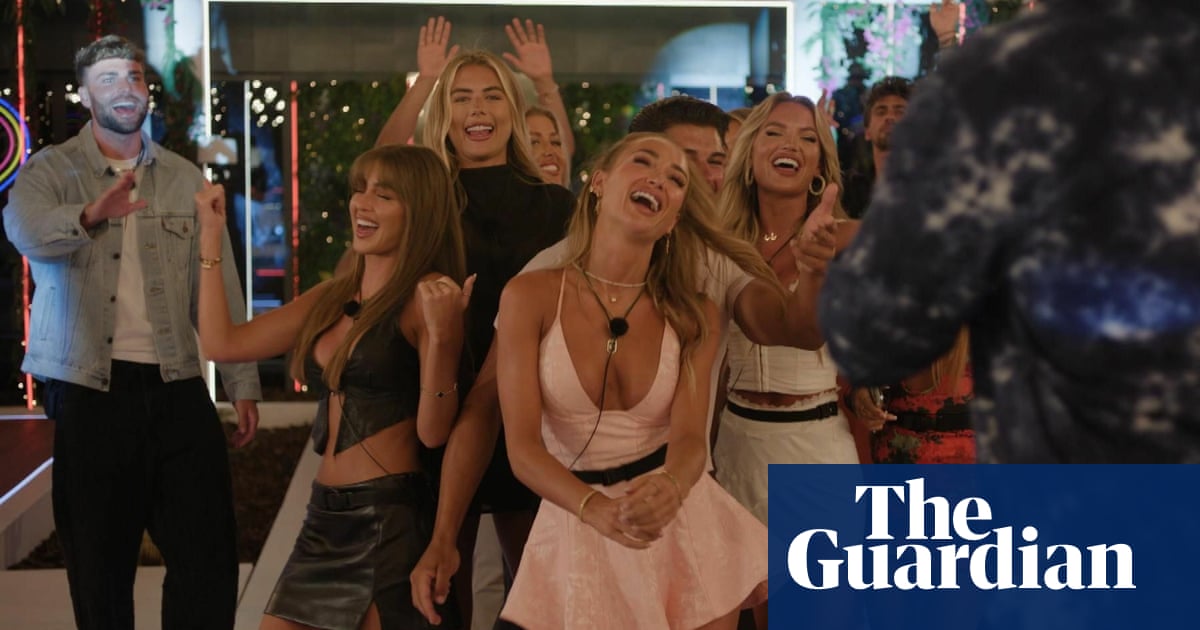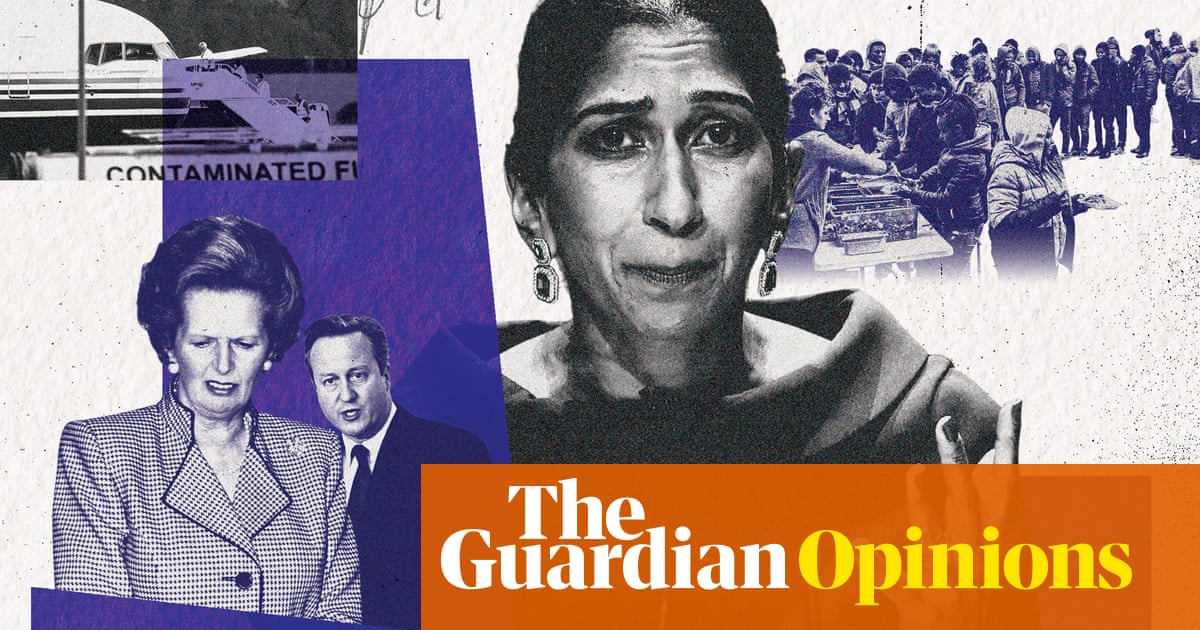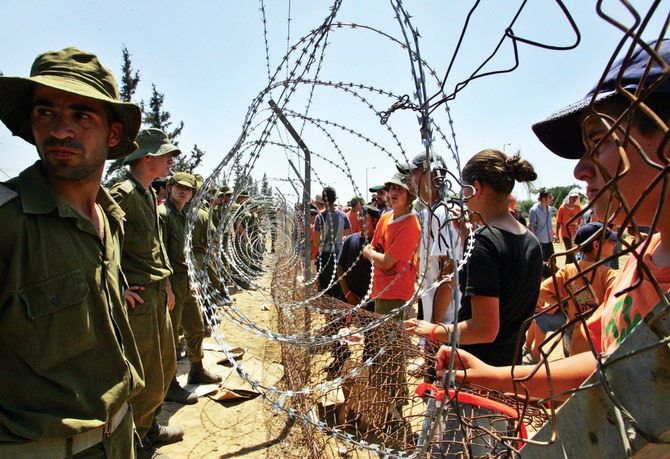
For just over a month now, Love Island (and therefore, Love Island discourse) has dominated the summer. Not since Take Me Out’s 2010s reign has a British reality dating show generated so much conversation, alternately heralded as the best thing on telly and condemned as the most controversial. As predictable as the fast fashion collaborations are the complaints, whether it be Tweeters drawing up petitions or viewers escalating their grumbles to Ofcom.
It goes without saying that Love Island, like any other reality show, is problematic. To date, the most complained about episode is from season four, when fan favourite Dani Dyer sobbed as she learned that the ex-girlfriend of her love interest Jack Fincham had joined the show. Ofcom received more than 2,500 complaints and the show was accused of “emotional manipulation”. And this week, after two years of forgoing the infamous postcard that caused such distress, it was brought back to spice up what has been a largely uneventful series. Producers showed images of castmate Teddy Soares kissing another woman during a challenge, despite spending most of his time in Casa Amor pining after Faye Winters. Watching Faye put her walls up once again, faced with the misrepresentation of his behaviour, was infuriating rather than entertaining.
There has also been consistent questioning of the robustness of the show’s aftercare, after the suicides of two former contestants and host Caroline Flack. Now, there is fresh pressure from environmentalists, too, who rightly gripe about the programme’s continued love affair with fast fashion brands. Love Island has also been accused of sexism, ageism, racism, aggressive heteronormativity and fatphobia. When viewers discovered one of this year’s contestants, Danny Bibby, had used a racial slur on social media, he was given an opportunity to apologise. It was seen by some as an example of double standards, given that a black contestant, Sherif Lanre, was removed in season five without a second chance.
Love Island has a duty of care to contestants and viewers alike, which at times it doesn’t seem to uphold. Even so, it feels as though some viewers expect a programme focused on which hotties can fall in love hardest and fastest to fix all that is wrong with modern dating and, ultimately, society. Take Hugo Hammond, whose Mr Nice Guy shtick was tolerated about as long as that of his tea-making, mild-mannered predecessors Curtis Pritchard and Dr Alex George, before viewers grew weary. During the first few weeks he was a national treasure; however, his treatment in the Line of Booty challenge had viewers seething on his behalf (he was the only male islander overlooked for a strip search and snog). It was humiliating, said Hammond, as well as painful to watch, and led to more than 500 Ofcom complaints. People said the challenge was at odds with ITV’s newly adopted “Be Kind” mantra, since it saw a contestant singled out.
There were calls to make participation in each challenge mandatory, to avoid another brutal snub. But while it’s not exactly nice to be “pied”, to use the official Love Island vernacular, it is a part of life and love. Besides, the idea of forcing women to kiss a particular man in a challenge, in a world where men already feel incredibly entitled to women’s affections, felt like an odd hill for Hammond’s fans to die on. There are many places where Love Islander producers should step in – this, in my opinion, is not one of them.
One of the most interesting elements of Love Island makes it the most difficult to watch – that is, its relatability. It is a microcosm of many of the worst parts of dating. The first four women from the villa this year to be dumped – Shannon Singh, Rachel Finni, Sharon Gaffka and AJ Bunker – were all women of colour, a fact that was not lost on Twitter. And, every year, from Samira Mighty to Yewande Biala to Kaz Kamwi, we watch black women in particular struggle to navigate a villa where the men’s “type on paper” is usually very much like paper itself: thin and white. Many chastise the show for what they see as a casting issue, which is in part true, but it’s also entirely symptomatic of dating in a world where white beauty standards are the default.
When calling for a more diverse cast, we also knew it was highly likely that black female contestants would have a harder time. Fans repeatedly implored producers to cast a man to pursue Kaz and protested each time a new man shied away from complimenting her looks as they did with the other islanders, and opted instead to talk about her “energy” like they were looking for a power bank as opposed to potential partner. Time and again, new contestants came in, claiming they were hoping to woo her. Once their place in the villa was secured. however,they changed their tune. Ultimately, however, it’s out of the show’s hands – we know by now that contestants will say whatever they have to in order to get into the villa. It’s worth noting that in the US, a country where black people date each other at almost double the rate of the UK, black women on Love Island do have difficulties but fare better overall. Clearly this is a conversation that goes deeper than casting.
Another issue that is far bigger than Love Island is trolling and cyberbullying. Due to its popularity online, abuse towards contestants is perhaps more rampant than with other reality shows. However, it’s an issue that doesn’t begin and end with the series. While it’s the job of the producers to safeguard the cast from as much hate as they can, they can’t be expected to singlehandedly tackle online hate. That’s a conversation for social media platforms and, ultimately, us. We can criticise Love Island for not addressing certain issues, but we can’t expect it to take them away altogether. Reality shows are based on reality, after all.












